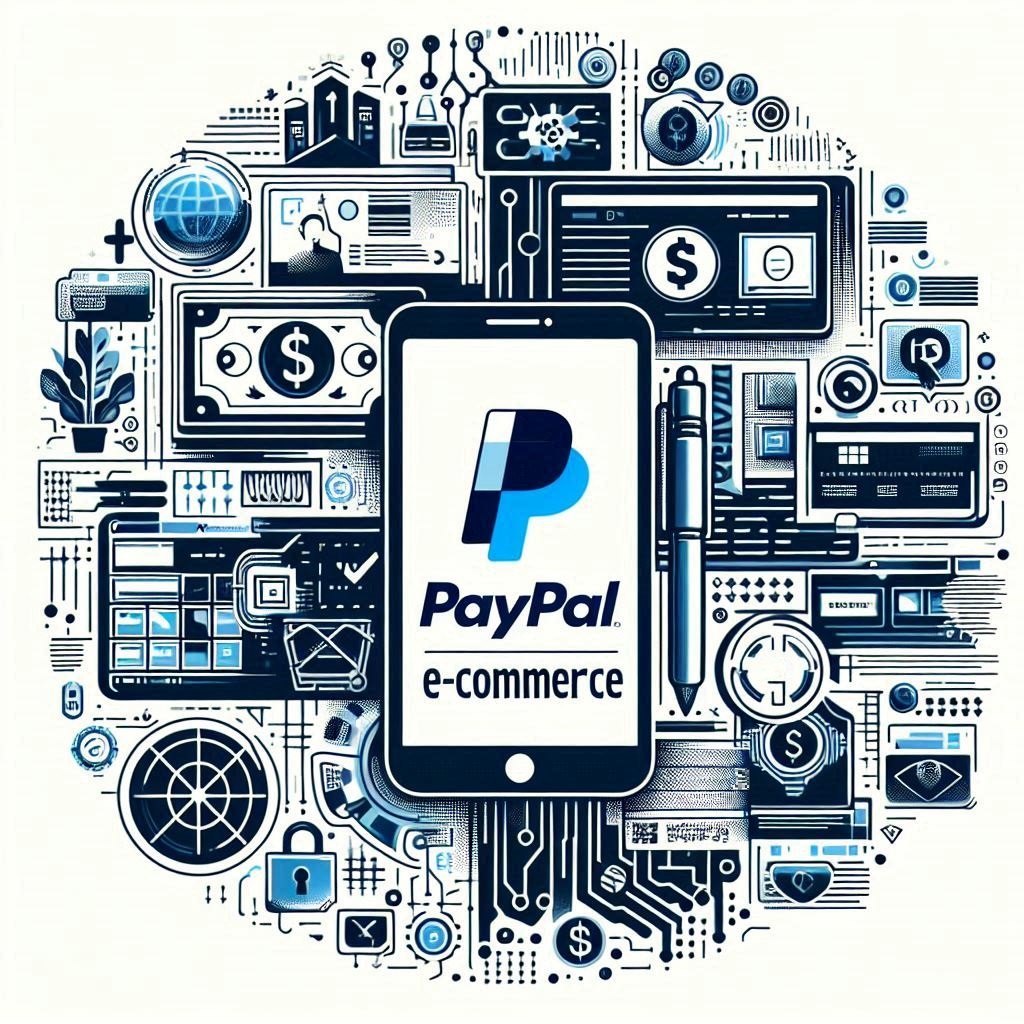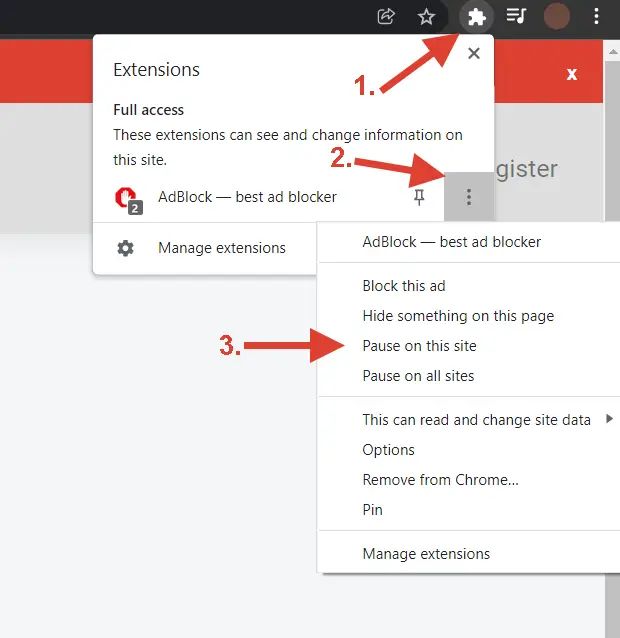In today’s rapidly evolving digital marketplace, online shopping has become the primary avenue for consumers worldwide. For businesses aiming to succeed online, integrating a trusted and versatile payment system is essential. Among the leading solutions is PayPal—a platform that not only facilitates secure transactions but also offers a suite of tools to grow your e-commerce presence. So, what is PayPal in ecommerce, and why is it considered a vital component for online success?
This article provides an in-depth look at PayPal’s role in e-commerce, exploring its solutions, benefits, integration methods, fee structures, and best practices to optimize your online store. Whether you’re a small business owner, marketplace operator, or large retailer, understanding how PayPal ecommerce functions can help unlock new growth opportunities.
Table of Contents
- Introduction: Navigating the Digital Marketplace with PayPal
- Exploring PayPal’s E-commerce Solutions
- Benefits of Using PayPal for Your Online Store
- How to Integrate PayPal into Your E-commerce Website
- Understanding PayPal Fees and Costs
- Leveraging PayPal’s Marketing and Growth Tools
- Best Practices for a Seamless PayPal E-commerce Experience
- Conclusion: Empowering Your E-commerce Growth
- FAQs about PayPal in E-commerce
Introduction: Navigating the Digital Marketplace with PayPal
The shift to online shopping has transformed how consumers and businesses interact. As e-commerce continues to expand globally, the need for secure, reliable, and flexible payment solutions becomes paramount. What is PayPal in ecommerce? Simply put, it’s a comprehensive payment platform that enables merchants to accept a wide range of payment methods, from credit cards to digital wallets, seamlessly and securely.
Many entrepreneurs ask, “Is PayPal ecommerce?” The answer is yes. PayPal plays a central role in online transactions, acting as both a payment gateway and a trusted brand that millions of customers prefer. Its reputation for security and ease of use makes it a popular choice for PayPal ecommerce website integration, helping businesses build customer confidence and increase conversions.
Exploring PayPal’s E-commerce Solutions
PayPal offers tailored solutions suited for various business sizes and models.
PayPal Commerce Platform
Designed for marketplaces, platforms, and large-scale online sellers, the PayPal Commerce Platform is an all-in-one solution that simplifies managing payments across multiple sellers and currencies. It supports over 200 markets and multiple currencies, enabling businesses to expand internationally with ease.
Key features include customizable payment experiences, compliance with global regulations (like KYC and AML), and flexible disbursement options. This platform answers “who PayPal ecommerce” is best suited for, emphasizing its scalability and integration capabilities.
PayPal for Business: Streamlining Payments
For small to medium-sized merchants, PayPal for Business provides an easy way to accept payments through a dedicated account. It allows acceptance of major credit/debit cards, alternative payments, and guest checkouts—great for “ecommerce PayPal on WordPress” or other platforms.
This solution also offers tools for invoicing, sales tracking, and customer insights—making it ideal for “PayPal business ecommerce” operations that want simplicity without sacrificing functionality.
Benefits of Using PayPal for Your Online Store
Choosing PayPal brings numerous advantages:
Global Reach and Market Access
With availability in over 200 markets and support for more than 20 currencies, PayPal makes it possible to reach international customers effortlessly. This directly addresses questions like “where PayPal ecommerce” can take your business, unlocking global sales potential.
Security and Customer Trust
PayPal’s advanced fraud protection, buyer and seller protections, and encryption standards foster trust among shoppers. Studies show that consumers are more willing to purchase when PayPal is available, making it “why PayPal ecommerce” is a trusted choice.
Operational Efficiency and Flexibility
From quick onboarding to flexible payout options, PayPal streamlines daily operations. Features like PayPal One Touch shorten checkout times, increasing conversion rates. Its reporting tools assist in data-driven decision-making, vital for growth.
How to Integrate PayPal into Your E-commerce Website
Setting Up Your PayPal Merchant Account
Start by creating a PayPal Business account. Verification involves providing business details and linking your bank account. Once approved, you can connect PayPal to your website.
Integration Options and Tools
PayPal offers various integration methods:
- Hosted buttons and payment links for quick setup
- API integrations using SDKs and code samples for custom experiences
- Plugins for platforms like WooCommerce, Shopify, BigCommerce, and Wix
- PayPal SDKs (for iOS, Android, JavaScript, etc.) for seamless checkout flows
Ensuring PCI Compliance and Security
Using PayPal’s secure payment processing reduces your PCI scope and ensures customer data safety. SSL certificates and secure API calls help maintain compliance and build shopper confidence.
Understanding PayPal Fees and Costs
Pricing varies based on transaction types and regions:
Transaction Fees for Sales
Standard rates typically include a percentage of the sale plus a fixed fee, which varies based on your business’s location and where your customer is. For instance, according to PayPal’s documentation for the European Economic Area, the rate for many domestic commercial transactions is 3.4% plus a fixed fee. Since fees are specific to each region, it’s always best to check the current fee schedule for your country on PayPal’s official website.
Currency Conversion and International Fees
Currency conversion adds a markup (typically 3-4%), impacting international sales profitability. Planning for these costs helps set accurate pricing.
Dispute, Chargeback, and Refund Fees
Chargebacks and disputes may incur fees (often around $15-$20). Refunds generally do not return the original transaction fee, so factoring this into pricing is important.
Leveraging PayPal’s Marketing and Growth Tools
PayPal Shopping and Promotions
Through PayPal Shopping, businesses can create targeted promotions, cashback offers, and discounts. These are promoted across PayPal channels, attracting new customers and encouraging repeat business.
Expanding Payment Options
Innovative payment options like Pay Later, Venmo, and Crypto Checkout provide added flexibility, appealing to diverse customer preferences and expanding your reach.
Best Practices for a Seamless PayPal E-commerce Experience
Optimizing Checkout Flows
- Place PayPal buttons prominently
- Offer guest checkout options
- Use clear, transparent order summaries
Building Your Own E-commerce Website
Owning a dedicated site offers branding control, customer data collection, and the ability to diversify sales channels—crucial for “paypal for ecommerce site” success.
Steps to Launch Your Online Store
- Choose your platform (Shopify, WooCommerce, custom)
- Integrate PayPal using plugins or APIs
- Optimize for mobile and international sales
- Promote via SEO, social media, and email marketing
Conclusion: Empowering Your E-commerce Growth
PayPal remains a cornerstone of online commerce, providing secure, flexible, and scalable solutions for businesses of all sizes. Its comprehensive tools—from PayPal Commerce Platform to marketing services—support growth, build customer trust, and facilitate seamless transactions globally.
Embracing what is PayPal in ecommerce means leveraging a platform designed to meet modern online shopping demands. Whether you’re just starting or scaling up, integrating PayPal can accelerate your journey toward success.
Frequently Asked Questions (FAQs)
How do I start accepting payments through PayPal?
Create a PayPal Business account, verify your details, and connect it to your website using available plugins or APIs.
Can I accept other payment methods besides PayPal?
Yes, PayPal supports major credit/debit cards, alternative payment methods, and guest checkouts, broadening customer options.
Is it necessary to have a website to accept PayPal payments?
No. You can generate payment links, QR codes, or buttons to accept payments through social media, emails, or in-person.
Which businesses can benefit from PayPal?
Small startups, large enterprises, marketplaces, and individual sellers can all leverage PayPal’s flexible solutions.
What is the main purpose of the PayPal Commerce Platform?
To enable marketplaces and platforms to manage multi-seller transactions globally, ensuring compliance and seamless payouts.
Do customers need a PayPal account to complete a purchase?
Not necessarily. Many transactions allow guest checkout using credit or debit cards.
How quickly can I start a campaign with PayPal Shopping?
Getting started with PayPal Shopping is a straightforward process. According to PayPal, their dedicated team can help launch your first offer across their channels in about 5 to 7 business days. Subsequent offers can often be launched even faster, typically within 3 to 4 business days.


